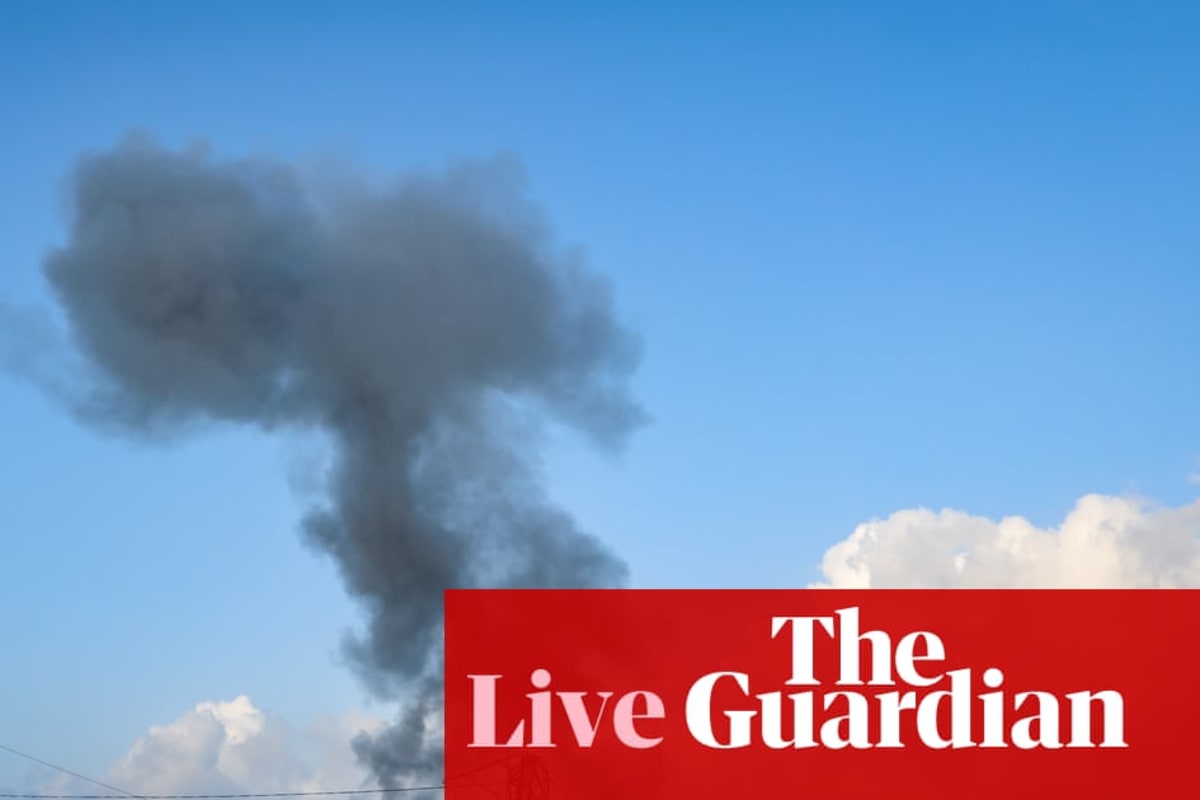Trump to Lead Gaza Talks Amidst Hospital Attack Outrage

Gaza Conflict Escalates: Hospital Bombing Sparks International Outrage, US Seeks Resolution The escalating conflict in Gaza has reached a devastating new phase with the reported bombing of the Nasser Hospital, the primary functioning public hospital in southern Gaza. Multiple strikes, allegedly occurring within minutes of each other, targeted not only injured civilians seeking medical care but also first responders and medical personnel.
This incident has ignited widespread international condemnation and renewed global outrage, drawing sharp criticism from human rights organizations and foreign governments alike The Guardian newspaper, among other international news outlets, has extensively covered the event, emphasizing the severity of the humanitarian crisis and prompting urgent questions regarding the laws of war and the targeting of protected civilian infrastructure Amidst the escalating tensions, the United States, under the anticipated leadership of Donald Trump, is planning a high-level meeting to address the crisis US Special Envoy Steve Witkoff has publicly expressed optimism for a resolution by the end of the year, signaling a determined effort by the US administration to de-escalate the situation This proactive diplomatic approach, however, is complicated by the deep-seated mistrust between the involved parties and the highly charged political climate within the region Senator Marco Rubio's active participation in meetings with Israeli officials further demonstrates the US's ongoing and multifaceted diplomatic engagement The exact details and agenda for the planned meeting remain undisclosed but are expected to involve discussions around a ceasefire, humanitarian access, and potential pathways toward a longer-term resolution For Southeast Asian readers, understanding the intricacies of the Gaza conflict requires recognizing its far-reaching regional and global implications This is not an isolated event; rather, it is deeply intertwined with the complex geopolitical dynamics of the Middle East and has significant consequences for global stability and international relations The deepening humanitarian crisis has already triggered a substantial outflow of refugees, creating potential instability in neighboring countries like Egypt and Jordan Further escalation could disrupt global oil markets, impacting Southeast Asian economies heavily reliant on energy imports Moreover, the moral implications of the alleged hospital bombing resonate universally, raising profound questions about the adherence to international law, the protection of civilians in armed conflict, and the principles of humanitarian intervention The potential for further conflicts to arise due to unresolved underlying issues demands close attention and proactive engagement from all stakeholders The Guardian's editorial raises critical questions that Israel and its allies must address regarding the circumstances surrounding the hospital bombing The reported multiple strikes within minutes raise serious concerns regarding operational procedures, target identification, and the potential for collateral damage.
The significant scale of civilian casualties demands a thorough investigation into whether the principles of international humanitarian law, including the principle of proportionality in warfare, were upheld Transparency and accountability are paramount to preventing further atrocities and fostering trust in the conduct of military operations An independent investigation, free from political influence, is essential to establish the complete truth and hold those responsible for any violations accountable The international community's response is of utmost importance While the US is actively engaged in diplomatic efforts, a concerted and coordinated international pressure is necessary to ensure a peaceful resolution, facilitate humanitarian access, and promote accountability for those responsible for any war crimes or violations of international law Regional organizations like ASEAN can play a valuable role in advocating for a peaceful resolution, coordinating humanitarian aid efforts, and supporting international investigations Southeast Asian nations, given their own historical experiences with conflict resolution and their commitment to regional peace and stability, have a vested interest in supporting international efforts to de-escalate the conflict, prevent wider regional instability, and uphold international humanitarian principles Beyond immediate diplomatic efforts and humanitarian aid, long-term solutions must address the underlying root causes of the Israeli-Palestinian conflict This includes tackling critical issues such as the stalled Israeli-Palestinian peace process, which requires renewed commitment from all parties to achieve a just and lasting peace A comprehensive and sustainable solution must address issues of sovereignty, security, borders, and the status of Jerusalem The immediate humanitarian crisis necessitates a swift and substantial response, including the urgent delivery of essential medical supplies, food, water, and shelter to the affected population in Gaza The long-term rehabilitation and reconstruction of damaged infrastructure, including hospitals, schools, and homes, will be crucial in building a stable and sustainable future for the people of Gaza In conclusion, the Gaza conflict demands a multifaceted approach that addresses both immediate humanitarian needs and long-term political solutions International collaboration, combined with an unwavering commitment to humanitarian principles, the rule of law, and the protection of civilians, is essential to achieving a lasting peace and preventing further suffering The anticipated involvement of global leaders such as Donald Trump underscores the critical nature of this conflict and the urgent need for a decisive, well-balanced, and internationally coordinated response
